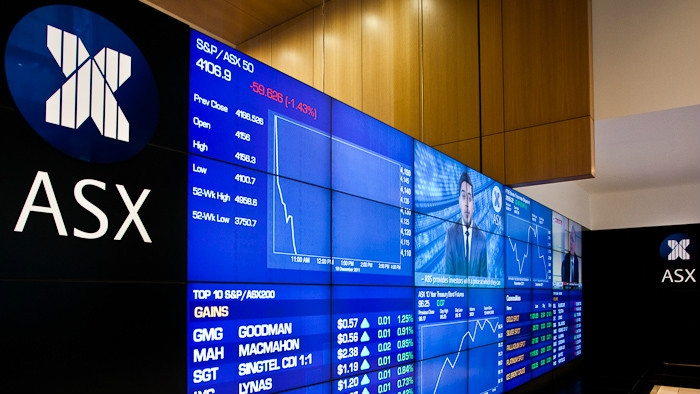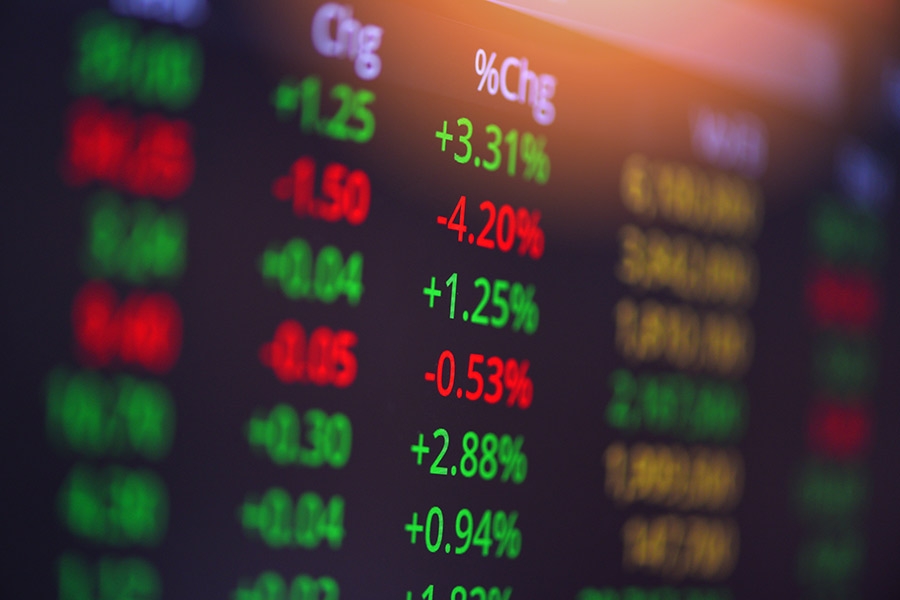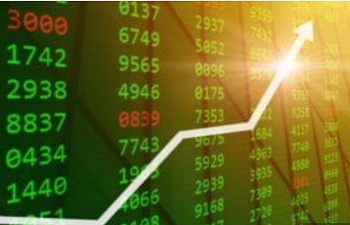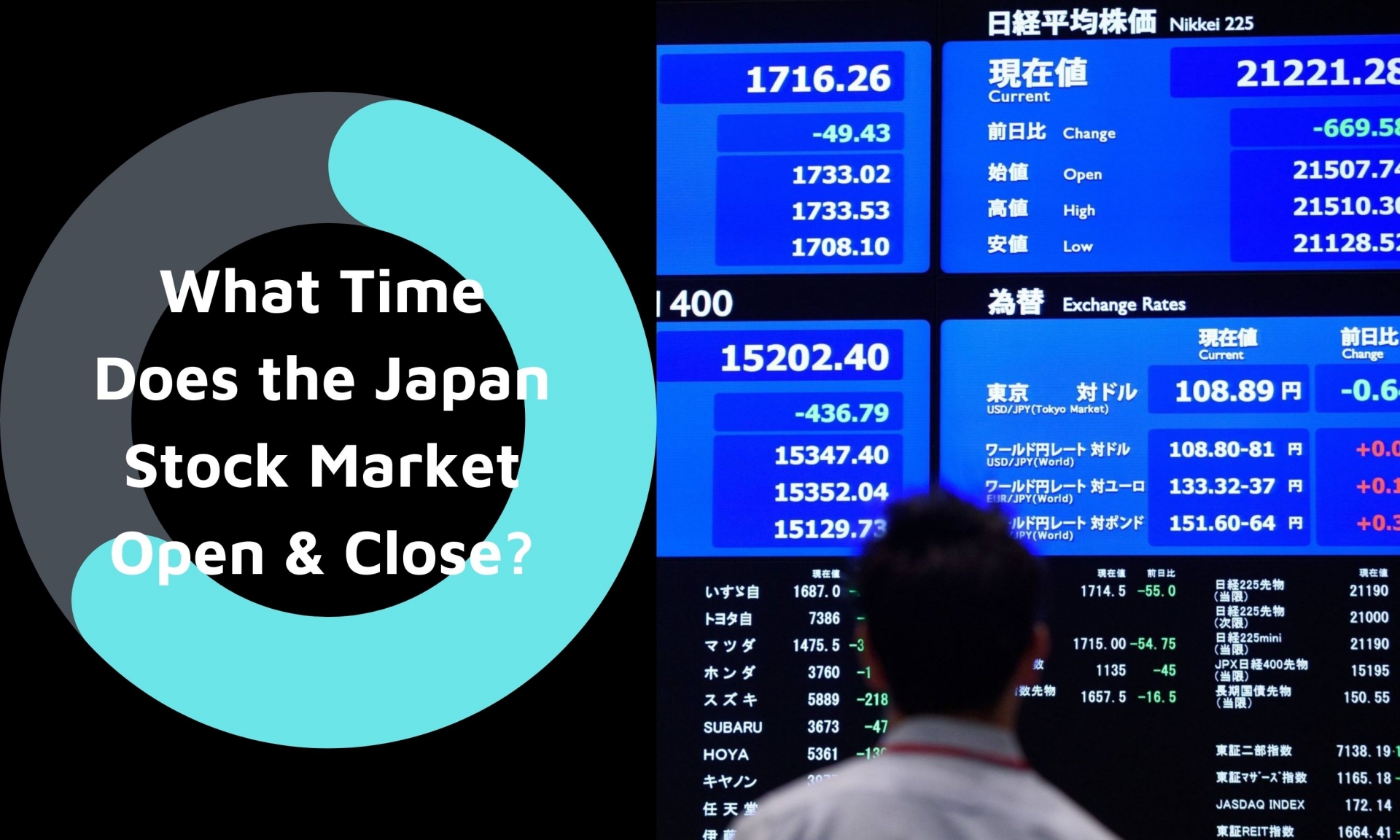When Do the Stock Markets in Australia Open and Close?
 |
| Photo: What Time Does the Australia Stock Market Open & Close? |
| Contents |
The Australia Stock Market - Australian Securities Exchange (ASX) opening times are the hours that stock exchanges are open for business and reflect an exchange’s geographic location.
Knowinsiders provides the information of opening and closing times as well as the Australia Market (Australian Securities Exchange) holidays for all years.
What Is the Australian Securities Exchange (ASX) and History?
Sydney, Australia serves as the home base for the Australian Securities Exchange. The Australian Stock Exchange and Sydney Futures Exchange merged in 2006 to form the Exchange in its current form.
The ASX operates markets, serves as a clearinghouse, and facilitates payments. Retail investors can also access educational materials from it.
Understanding the Australian Securities Exchange (ASX)
The ASX is consistently rated as one of the best exchanges in the world. The Tokyo Stock Exchange, also known as TSE, the New York Stock Exchange (NYSE), the Nasdaq, and the London Stock Exchange (LSE), are additional significant exchanges. There are particular listing requirements for each exchange, such as regular financial reporting and minimal capital requirements.
For instance, the NYSE's key listing criteria for 2021 stipulate a minimum share price of $4, a global market capitalization of $200 million, and aggregate shareholders equity of at least $10 million over the previous three fiscal years. Additionally, secondary issuers and initial public offerings require 400 shareholders.3
ASX and EducationThe Australian Securities Exchange places a high priority on educating website visitors, the general investing public, and current and potential listers. For instance, ASX provides free resources for learning about the public markets, investigating various asset classes, and creating a unique investment strategy for novice investors. Visitors may download a number of manuals and tutorials. Additionally, ASX provides a game-based trading option where users can learn the fundamentals without taking any financial risks. |
When Does the Australian Stock Market Open & Close?
 |
| Photo: corporatefinanceinstitute |
The Sydney-based Australian Stock Exchange (ASX) conducts regular trading from 10 a.m. to 4 p.m. Australian Eastern Standard, or daylight time.
Brokers can enter orders into the ASX Trade during pre-opening, which takes place between 7 and 10 am, in advance of the market opening. Investors can now place orders online, which are queued and traded as soon as the market opens.
When we talk about trading overnight, we're talking about the 'adjust phase' that occurs between 4:12 and 5 p.m., when brokers can change or cancel orders, among other things. At this time, no new orders are being accepted.
| Country | Stock Exchange | Local time (UTC) | Time Zone |
| Australia | Australian Securities Exchange | 10am to 4pm | UTC+10 (+11) |
Pre-opening Phase
From 7:00 am to 10:00 am, Sydney time, is pre-opening. Prior to opening:
-Briefly before the market opens, brokers place orders on ASX Trade.
-Orders are not traded by ASX Trade.
-Online orders can be placed by investors. Priority is given to price and time, and the orders won't trade until the market opens.
Overnight and overseas trades may be reported until 9:45 am, Sydney time. These trades must take place according to ASX Operating Rules.
Opening Phase
At 10:00 am Sydney time, the opening begins and lasts for approximately 10 minutes. In this stage, ASX Trade determines opening prices. Securities are organized into five groups based on the first letter of their ASX code:
Group 1 10:00:00 am +/- 15 secs 0-9 and A-B, e.g. ANZ, BHP
Group 2 10:02:15 am +/- 15 secs C-F, e.g. CPU, FXJ
Group 3 10:04:30 am +/- 15 secs G-M, e.g. GPT
Group 4 10:06:45 am +/- 15 secs N-R, e.g. QAN
Group 5 10:09:00 am +/- 15 secs S-Z, e.g. TLS
The time is randomly generated by ASX Trade and occurs up to 15 seconds on either side of the times given above, e.g. group 1 may open at any time between 9:59:45 am and 10:00:15 am.
Equity market phases (Sydney times)
On any given trading day, the market goes through a number of stages. The type of action that may be taken for an order on ASX Trade depends on the specific market phase, which in turn affects how trading is carried out.
| 7am - 10am | Pre-open |
| 10am* | Open |
| 10am - 4pm | Normal Trading |
| 4pm - 4:10pm | Pre CSPA |
| 4:10pm - 4:12pm | Closing Single Price Auction |
| 4:12pm - 4:42pm | Adjust |
| 4:42pm - 6:50pm | Adjust ON |
| 6:50pm - 6:59pm | Purge Orders |
| 6:59pm - 7pm | System Maintenance |
| 7:00pm - 8:40pm | Close |
| 8:40pm - 2:25am | System Unavailable |
| 2:25am - 7:00am | Close |
Does the ASX close for Lunch?
No, the ASX does not close for lunch.
For lunch, many markets in Asia and a few in the Middle East close. The majority of the rest of the world's markets don't close for lunch.
The middle of the day typically has less liquidity. Near the start and end of the day is when trading takes place the most. By increasing liquidity and lowering spreads, a smaller trading window can contribute to more efficient markets.
Does the ASX open on Saturday or Sunday?
No, the ASX doesn't open on the weekends.
Trading at the London Stock Exchange is available Monday through Friday. The typical Monday through Friday schedule is followed by stock exchanges in the US, Europe, and Asia. The work week, however, usually lasts from Sunday through Thursday in the Middle East.
How do Stock Exchanges Work?On the stock exchange, a variety of financial instruments are traded, including stocks, derivatives, and commodities. An exchange's function is to give traders and investors a fair trading environment. Monday through Friday are the typical trading days. You must have a trading account with a broker in order to access the financial markets. Why do stock exchanges have different trading hours?Stock markets are open according to the country's appropriate time zone, and during the country's market hours, both domestic and foreign market participants will be present in significant numbers. Each market will have a high level of liquidity if specific market hours are observed. What happens if you place a trade outside of market hours? If you do place a trade outside of market hours, it will be added to a queue and executed as soon as the market opens. It is crucial to remember that if this occurs, the trader may experience slippage between the time the order was placed and the time it was actually executed. |
How Long is the Australia Stock Exchange Open For?
 |
| Photo: mnymstrs |
Six hours a day in total are dedicated to trading at the Australia Stock Exchange. Most markets are open from five to seven hours a day. Smaller markets frequently have shorter hours of operation.
A shorter trading session condenses all trading activity into a smaller time frame, which improves market efficiency by increasing liquidity, reducing spreads, and shortening the trading day. There may be less volatility as a result of shorter trading sessions. Price volatility during trading hours may be caused by material news. A shorter trading period means that more news will break outside of regular trading hours, giving investors more time to process it and reducing the likelihood of hurried trading decisions.
Does the ASX have After-Hours Trading?
The ASX does indeed offer extended trading hours. From 7:00 am to 10:00 am is the Pre-Trading Session. Between the hours of 4:42 pm and 6:50 pm is the Post-Trading Session.
During regular trading hours, shares can always be traded on the Australia Stock Exchange.
Extended Trading Hours are times when trading can be done electronically before and after the regular trading session. The volume of trading during pre-market and after-hours trading is typically lower and there may be different trading rules.
During extended hours, there is less liquidity, which can lead to higher volatility, wider spreads, and more uncertain prices. Significant news, such as earnings reports, is frequently released after regular trading hours have ended. Major price swings may result from this in after-hours markets.
ASX Stock Market Holidays And The Impact On Trading Services
| Public Holiday | ASX Trading | Business Day | CHESS Settlement |
|---|---|---|---|
| New Year's Day | CLOSED | No | No Settlement |
| Australia Day | CLOSED | No | No Settlement |
| Good Friday | CLOSED | No | No Settlement |
| Easter Monday | CLOSED | No | No Settlement |
| ANZAC Day | CLOSED | No | No Settlement |
| Queen's Birthday | CLOSED | No | No Settlement |
| Last Day Before Christmas | EARLY CLOSE1 | Yes | Settlement |
| Christmas Day | CLOSED | No | No Settlement |
| Boxing Day | CLOSED | No | No Settlement |
| Last Day Of Year | EARLY CLOSE1 | Yes | Settlement |
Top 10 Largest Stock Exchanges In The World
What is the best time to trade shares?
 |
| Photo: fool |
The best time to trade stocks is during significant news and event periods; however, market-moving events differ from nation to nation, exchange to exchange, and stock to stock. Because of this, it's critical to comprehend every factor that could affect the price of your share before you decide to take a position.
Examples of events to watch out for include:
Company earnings
Macroeconomic indicators
Political announcements and policy changes
Power hour stock market
The global power hour is typically regarded as being between 7 pm and 8 pm (UTC), when the US stock market is winding down.
However, power hours will vary depending on each stock exchange's opening hours. A market's "power hour" is the period right before it closes. Since there is usually a lot of volatility and liquidity as market participants adjust their positions before the market closes, many share traders prefer to trade during power hours.
What is end-of-day trading?End-of-day trading is simply the act of making choices just before markets close, or even after. End-of-day trading, which is unique to the stock market, typically takes place in the final hour or two of the trading day. While the majority of day traders will look to close out their positions at market close, some will choose to open new positions to make end-of-day profits – whether just for a short period of time before the markets close to capitalize on end-of-day movements, or to hold overnight. Because end-of-day trading frequently occurs at this time and the high volume can lead to numerous opportunities, it is also referred to as the "power hour." The time between 7 and 8 p.m. (UTC) is frequently referred to as power hour for the stock market. |
 Can Foreigners Buy Or Invest In UK Stock Market? Can Foreigners Buy Or Invest In UK Stock Market? How to buy (invest in) stocks in the UK for non-UK residents? Read on to know the guidelines and tips for investing the stocks for ... |
 Top 10 U.S Most Promising Stocks Could Take Off in September Top 10 U.S Most Promising Stocks Could Take Off in September Since the Covid-19 bear market, stocks have rebounded incredibly. Many are screening companies with renewed optimism to find the best stocks to buy for September. |
 Top 9 Most Expensive Stocks In The World Top 9 Most Expensive Stocks In The World Stock price is an indicator of a company's market value, but the price of a share of stock will also depend on the number of ... |

























